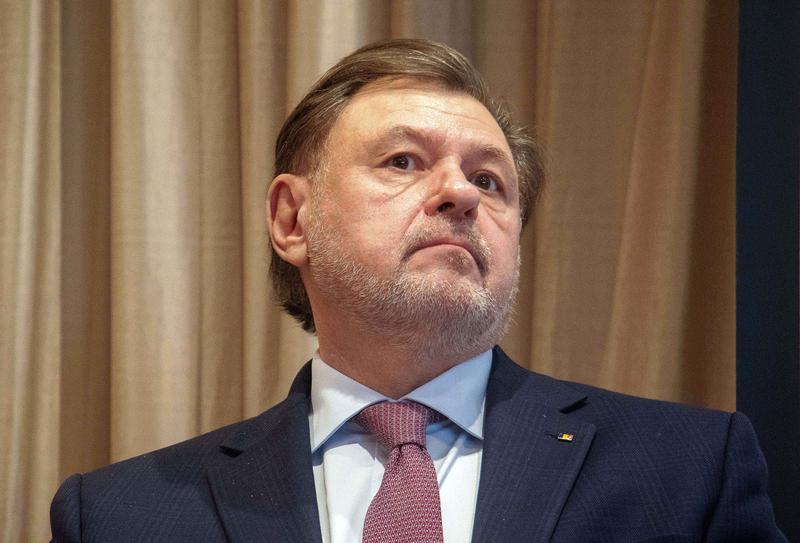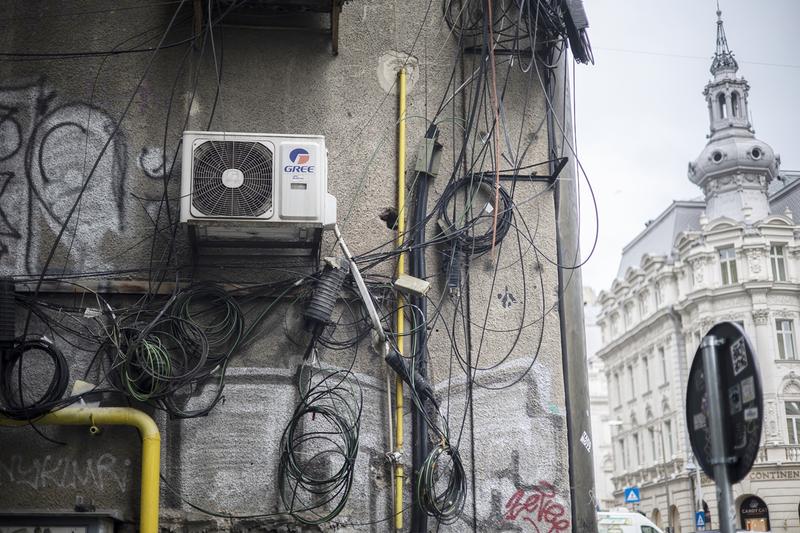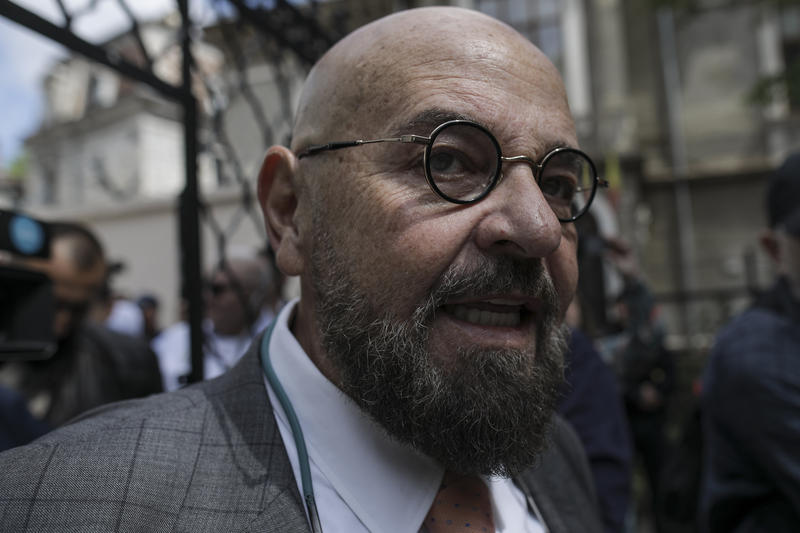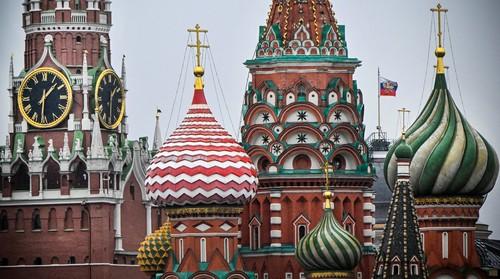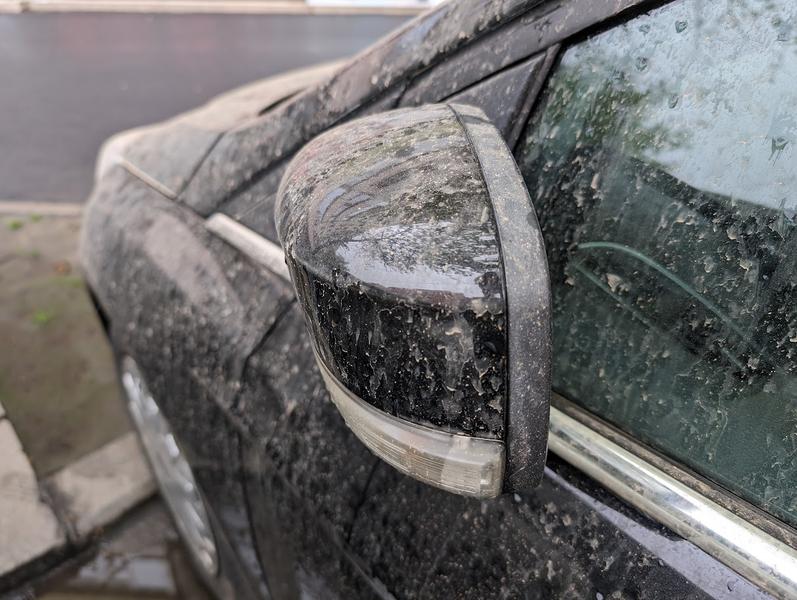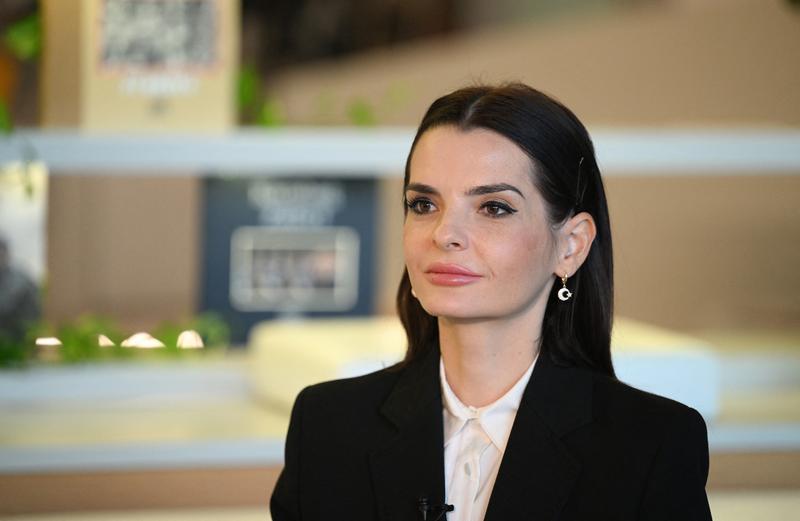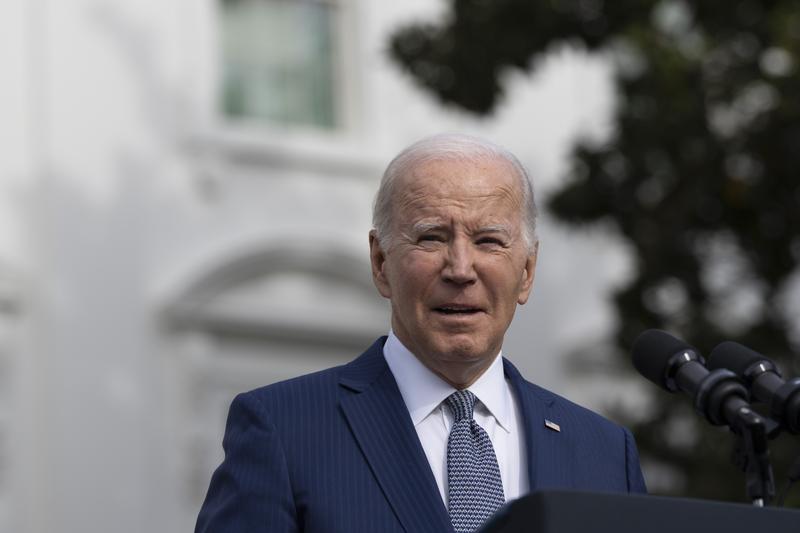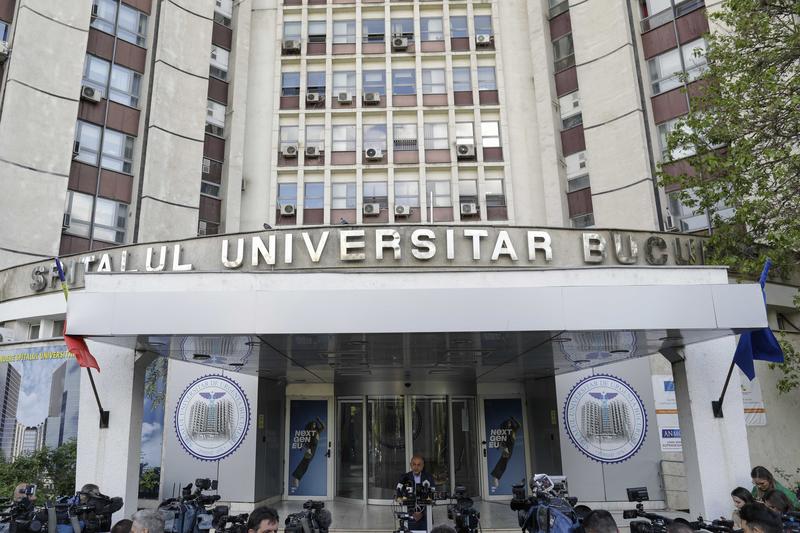The conflict between Presidency and Government enters a new stage. After the Constitutional Court decided that president Basescu is allowed to approve by himself the launching of criminal investigations against ministers, Basescu reminds PM Tariceanu that two members of his Cabinet are suspect of corruption. Of course, Tariceanu claims that a governmental reshuffle is out of the question.
A fine moment for the Moldova president, Vladimir Voronin, to pick on Romania once again, out of the blue.
President Traian Basescu once again opened the subject of the two ministers suspect of corruption: Justice minister Tudor Chiuariu and Labor Minister Paul Pacuraru. The first, Tudor Chiuariu, already informed Prime Minister Tariceanu that he is willing to resign, but without any reason related to the file against him at the Anti-Graft Prosecution Office, Evenimentul Zilei informs.
In a press conference on Thursday, president Basescu let a letter "slip" in the hands of journalists. The letter was addressed on November 29 to PM Calin Popescu Tariceanu, reminding him that there are three former ministers and two ministers in office who are suspect of corruption acts. Tariceanu had already answered the letter on Tuesday, rejecting both the charges against the ministers and the demand to reshuffle the cabinet, Gandul reads.
Meanwhile, probably bored with the too peaceful past ten days, Moldova president Vladimir Voronin once again picked on Romania, accusing it of "permanent aggression against Moldova". According to Voronin, Romania never fully recognized Moldova as a state and now tries to undermine it by attracting its students and priests and by offering Romanian passports to Moldovan citizens, Gandul reads, quoting Voronin.
Back home, in politics, one of the former Liberal-Democrat leaders, Valeriu Stoica, one of the men closely involved in the Democrat - Liberal Democrat merger, admits that president Basescu was involved in the merger of the two parties, "but it only counted for 25% of the process". Still, Stoica says that the merger wouldn't have been possible without Basescu, Romania Libera informs.
Things seem to work slightly better in the real life, outside of politics and foreign relations: a Soros study shows that Romania "only" had 3 million extremely poor people in 2006, which is less than the previous years, but still a lot, compared to other EU countries, Evenimentul Zilei reads.
